Queen Elizabeth II voiced concern over Billy McMahon’s honours as political favours
Queen Elizabeth II’s private secretary told the governor-general that peerages and honours were not political gifts, unredacted letter reveals.
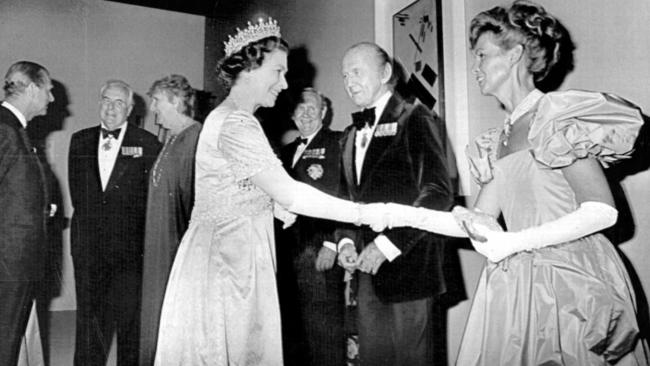
Queen Elizabeth II was concerned Billy McMahon was improperly recommending peerages and honours for purely political purposes and to satisfy the demands of Liberal Party grandees who “coveted” such titles.
A letter from her private secretary, Martin Charteris, to governor-general Paul Hasluck on September 25, 1972, expressed alarm at efforts by McMahon to have former Victorian premier Henry Bolte and high commissioner Alexander “Alick” Downer elevated to the House of Lords.
“Your letter was of the greatest interest, and not a little concern, to the Queen, who, I need hardly say, is very grateful to you for what you are trying to do to keep those concerned with making recommendations walking along the straight and narrow path,” Charteris wrote to Hasluck from Balmoral Castle.
This letter, located outside the National Archives of Australia, was redacted when made public in January 2022. While Hasluck’s diary notes disclosed efforts by McMahon to use honours as political favours was made public in 2003, this is the first time the queen’s negative response has been revealed.
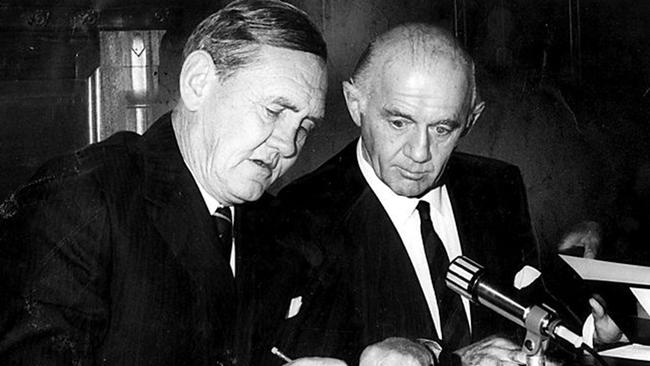
Charteris referred to the “seductive” roads McMahon had ventured upon and lamented it was “not unknown for some who should know better to follow them”. He noted “the lack of understanding of how the system is meant to work” was “a matter of concern” to the queen.
In another letter heavily redacted by the National Archives, Hasluck outlined to Charteris the extraordinary lengths to which McMahon had gone to secure a peerage for Bolte and Downer, even approaching UK prime minister Edward Heath “to try to interest (him) in doing something” to secure the appointments from the queen.
With Bolte pressing McMahon for the peerage on the eve of the December 2, 1972 election, Hasluck noted the prime minister feared he would “make an enemy” out of the former premier and it could cost him votes if he did not deliver. McMahon told Hasluck that Downer was irritated at not securing a peerage and was trashing the government.
“It is of course not unknown for honours to be used for political purposes, to reward political services or to facilitate political changes,” Hasluck wrote to Charteris.
“What causes me more concern is the apparent unfamiliarity or disregard of the prime minister of conventions surrounding recommendations for honours.
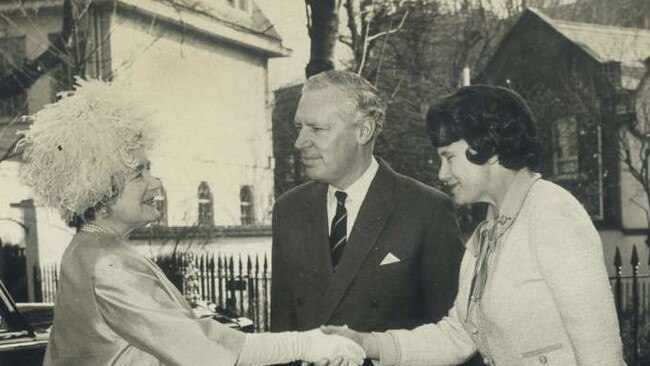
“With surprising naivete, when I had a talk with him about the way in which recent proposals exceeded the allotment, he said of one name: ‘But I’ve already promised it to him.’
“When my official secretary was sounding out another intended recipient to ask if he would accept the honour, he received the reply: ‘Yes, that’s what I arranged with the prime minister’.”
It was for the queen to make appointments on the advice of the UK prime minister, Charteris advised. “I do not believe that the prime minister of Australia … has any standing to recommend life peerages,” he wrote.
Hasluck, who had served as a minister in the Menzies, Holt and Gorton governments and was a highly respected vice-regal representative, informed Charteris he had been concerned about the recommending of honours for some time and had tried to “uphold” the queen’s “dignity” in the process.
Last week, The Australian revealed that the queen had expressed little confidence in John Gorton, the future of the Liberal Party and the stability of Australian politics in another previously redacted letter from Buckingham Palace to Hasluck following the October 1969 election.


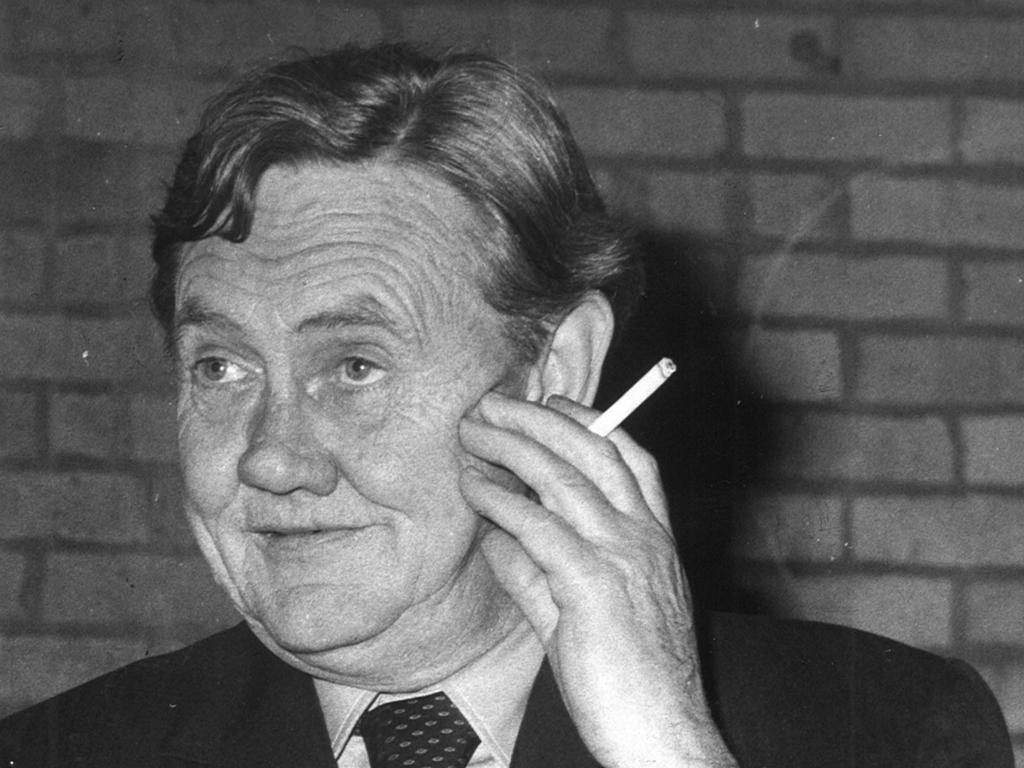

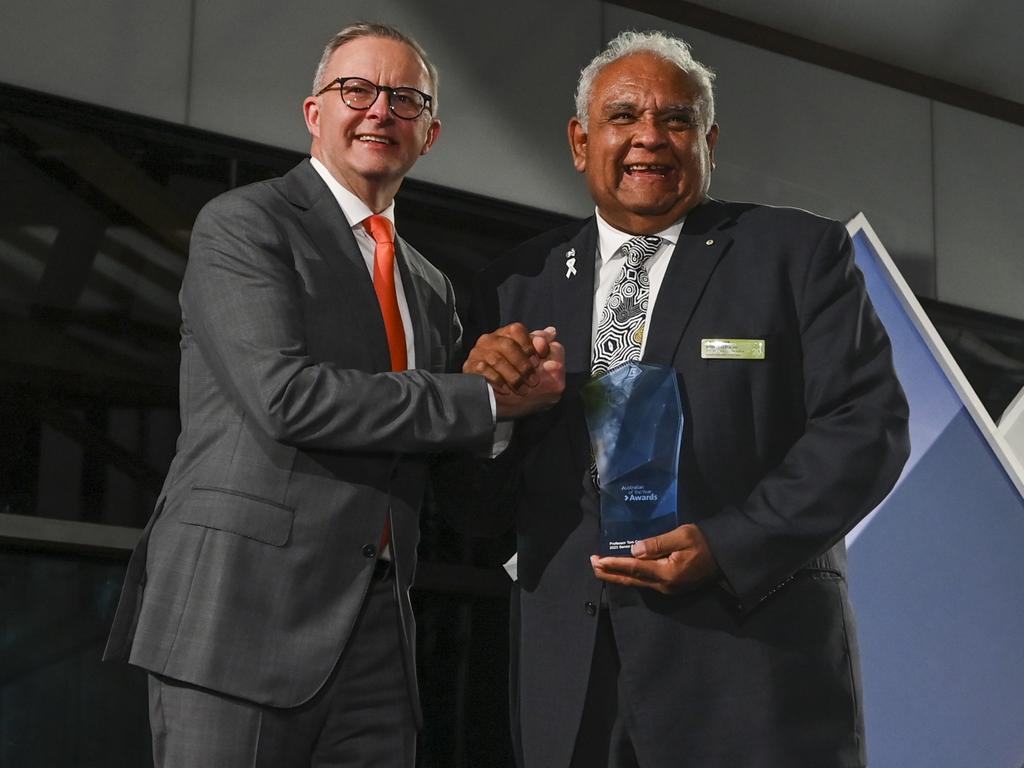



To join the conversation, please log in. Don't have an account? Register
Join the conversation, you are commenting as Logout